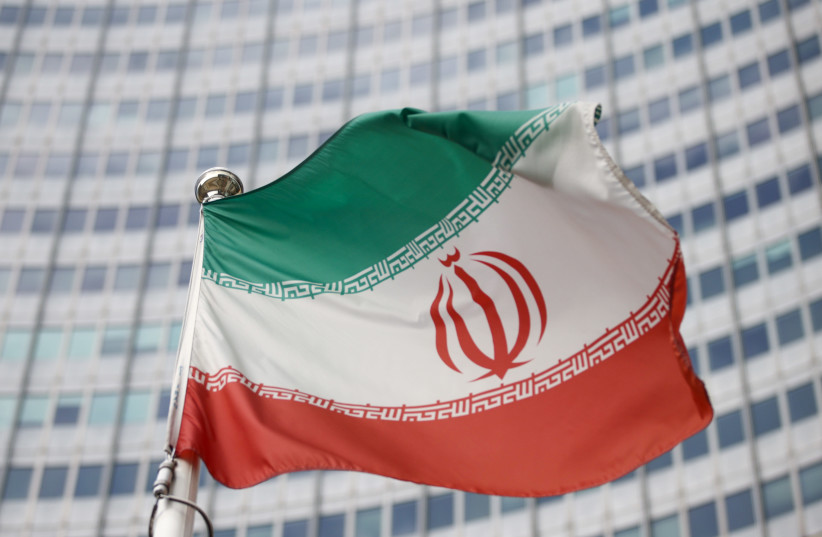In the realm of international diplomacy, the emphasis often falls on the personalities at the helm – a phenomenon clearly visible in discussions about US-Iran relations, especially against the backdrop of a potential contest between US President Joe Biden and former president Donald Trump in the 2024 presidential election. This fixation on individual leaders, however, obscures a more critical aspect: the underlying policies and strategic considerations that fundamentally shape the interactions between nations. This is particularly true for the complex and historically charged relationship between the United States and Iran.
The US-Iran dynamic has weathered various administrations, fluctuating between engagement and estrangement, irrespective of whether a Democrat or Republican occupies the White House. The interplay goes beyond partisan divides, anchored in a long-standing history and a dense network of geopolitical interests.
This issue resonates deeply within the Iranian-American community, which, while significant in numbers and influence, often finds itself in a bind over US policies toward Iran. Neither staunchly Republican nor Democrat, this community bears witness to the impact of these policies on both their homeland and their lives in the US.
A review of US involvement in Iranian affairs
A review of US involvement in Iranian affairs reveals a pattern of decisions that have left indelible marks on Iran’s political and social fabric. Then-President Jimmy Carter’s handling of the last Shah of Iran Mohammad Reza Pahlavi and his apparent leanings towards Ayatollah Ruhollah Khomeini, former president Barack Obama’s inattention to Iran’s national uprising and correspondence with Supreme Leader of Iran Ali Khamenei, and Biden’s hopeful stance on dialogue with Iran’s regime – each of these, under different presidencies, have influenced Iran’s trajectory towards democracy and progress.
Among the Iranian diaspora in the US, there is a palpable sense of frustration with American foreign policy, a sentiment that transcends party lines. This stems from a perceived lack of US support for the Iranian populace’s fight against authoritarianism and for democratic freedoms.

Meanwhile, Iran remains under the control of a regime that cloaks its authoritarianism in religious rhetoric. Despite the turnover of several US presidents, this singular autocratic power continues to dominate Iran, perpetuating human rights abuses and suppressing opposition.
The role of the US in influencing Iran’s future is pivotal, albeit complex. The Trump administration’s approach, including the significant action of eliminating Qasem Soleimani, a major figure in Middle Eastern terrorism, had a profound impact within Iran. This move, among others, garnered Trump a notable reputation among many Iranians.
As the US moves forward under Biden’s leadership, and with the potential return of Trump, key questions about the direction of US-Iran relations come to the forefront. These considerations are not limited to bilateral relations but extend to Iran’s relationships with global powers like Russia and China, its role in international terrorism, and the implications for regional allies like Israel.
The US stands at a crossroads in dealing with Iran. The challenge lies in addressing the Iranian regime’s role in regional instability while also considering the Iranian opposition, which lacks strong backing from US institutions but remains a vital component in the quest for a democratic Iran.
As the US navigates its future course with Iran, the focus should extend beyond the personalities of Biden or Trump. It is the strategic approach towards Iran, encompassing diplomatic, economic, and military dimensions, and its implications for regional stability and global security that will have lasting impacts.
In sum, while the personae of leaders like Biden and Trump inevitably color foreign policy discourse, the essence of US-Iran relations lies in the policies and strategies they represent. As the 2024 US presidential election approaches, it is crucial to shift the discourse from individual contenders to the overarching policy frameworks and their potential ramifications for Iran, the Middle East, and the international community. The stability and prosperity of these regions, and potentially the world, hinge on this broader perspective.
The writer is a counterterrorism analyst and Middle East studies researcher based in Washington, with a particular focus on Iran and ethnic conflicts in the region. His newly-published book is The Black Shabbat, published in the US. Follow him on X @EQFARD and at www.erfanfard.com.
